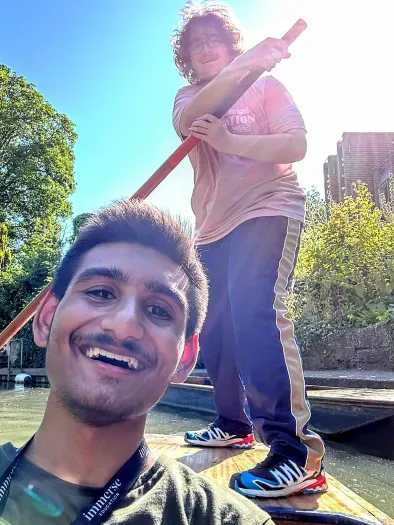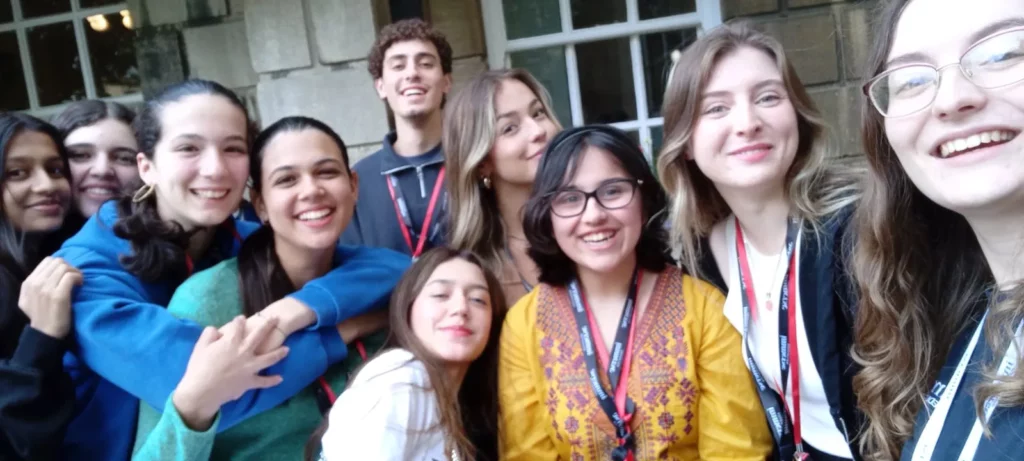Many people have misconceptions about the significance of the workload at the nation’s top universities.
Some of you will be apprehensive, believing that the jump from GCSE and A-Level to university will be totally unmanageable. Others of you secretly believe your intellect will carry you to a good degree without having to break much of a sweat.
Fortunately for some and unfortunately for others, both of these preconceptions are largely false! However, I believe that in the long run, this is a huge positive of going to university for people in both camps.
What does a degree look like?
Every degree at university looks at least subtly different.
There are different levels of choice in modules, some people go on placements, others spend long hours in labs, whilst others spend the majority of their time independently studying.
However, there is an element of universality.
Almost every degree uses lectures as the primary means of teaching content, and a more interactive setting to consolidate information. You are then expected to study independently and read around what you learn so you are well equipped to tackle real-world problems.
Many students arrive at university and, tasting freedom for the first time, only attend what is essential for them to attend. Lecture attendance and formative coursework submission rates start to fall as the year progresses.
Not only does this strategy lead to worse grades, but it also makes studying for your degree much less fun.
You’ll end up feeling lost and disengaged in anything you do attend, and you’ll miss lots of the amazing opportunities students get offered.
My advice
I’m going into my third year of university at LSE, and have made a conscious effort to attend lectures and submit all of my weekly work.
I do this even if it is boring, lectures are early in the morning, or I have to sacrifice a night at spoons. Short-termism doesn’t normally win when it comes to university life.
For the vast majority of the time, the workload is manageable if you make wise decisions in term time. And this definitely doesn’t mean you can’t have fun.
I spent all of my Wednesday and Saturday afternoons playing football and didn’t do any work on Sundays. It just means being intentional about turning things in and showing up to the things you’re paying so much for!
Getting a good work-life balance is pretty vital.
The Support Universities Offer
However, sometimes, the workload does become a bit unmanageable. Don’t worry! It happens to basically everyone at some point in their university careers, and your university will offer lots of support.
At university you get easy access to brilliant minds in your field who are just an email away, a wealth of extra materials online and in the library, and extra support from teachers.
This makes getting a different explanation for something you haven’t understood much easier than at any other point in your academic career. In addition, the way the term structure works means that it’s okay if during term time you feel swamped and fall a bit behind.
You have long holidays to revisit the content and catch up on things that you couldn’t get to in the hecticness of university life.
Lastly, you often have an ‘academic mentor’ (the phrasing is different depending on which university) who is there for both academic and pastoral/emotional support.
Just last week I emailed mine while panicking about modules for next year, and got a response the next day with lots of helpful advice!
Join the Immerse Education 2025 Essay Competition
Follow the instructions to write and submit your best essay for a chance to be awarded a 100% scholarship.

Collaborative learning
The last thing I wanted to say is that although doing a degree requires lots of time spent working, this work is done in a group to a much greater extent than at GCSE and A-Level (for most courses).
You often form great friendships with your coursemates and tackle problems together. One week you’ll be explaining something challenging to them, and the next they’ll be returning the favour.
This has many benefits, the main one being that work feels a lot less like work.
Overall, the university requires a lot of work. You spend lots of hours in lectures or classes or labs, and even more, poring over lecture slides and attempting problem sets.
However, the work is more interesting than anything you will have done before, and there is always help if you fall behind. The Dunning-Kruger effect gives a good summary of what you realise when doing a degree – the more you know, the less you realise you actually know.
This is a good thing!
By working hard, your eyes are opened to how complicated and amazing the world is, and you are inspired to keep discovering more!

























